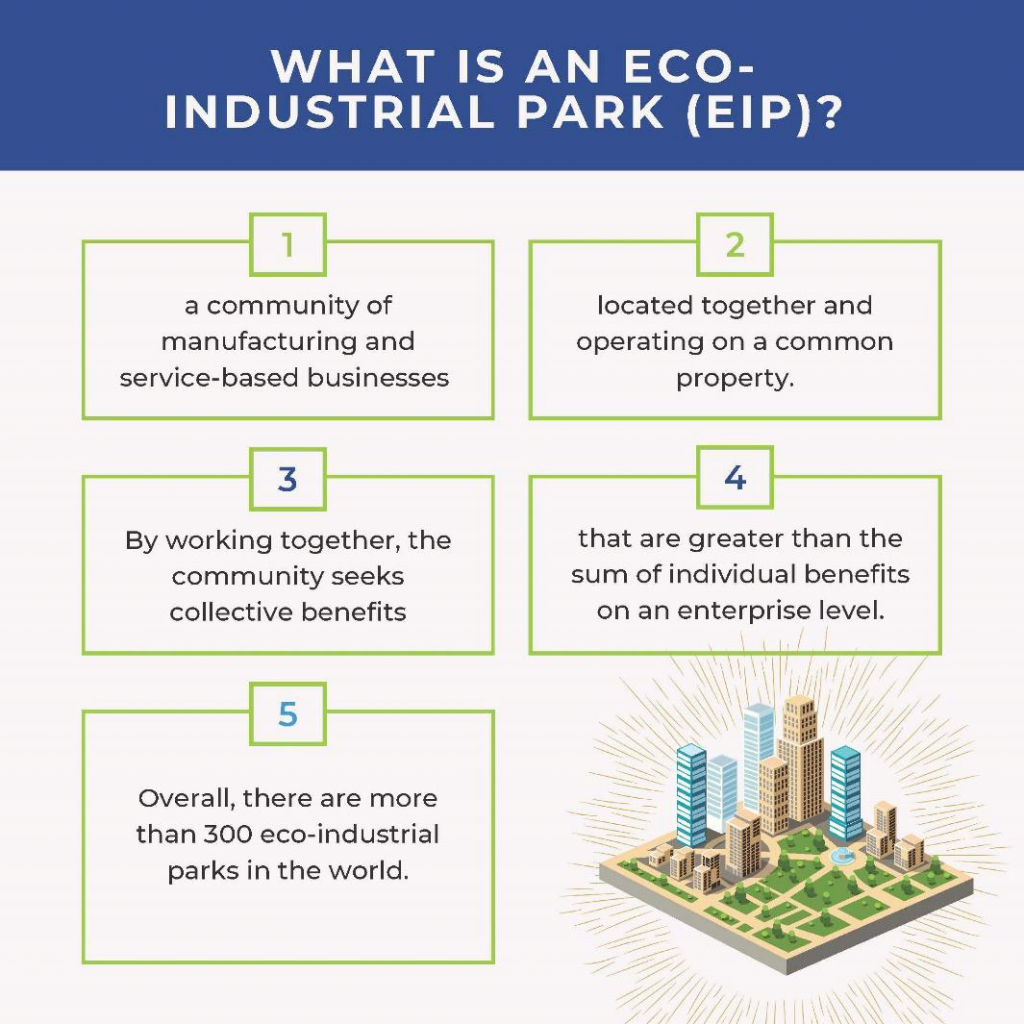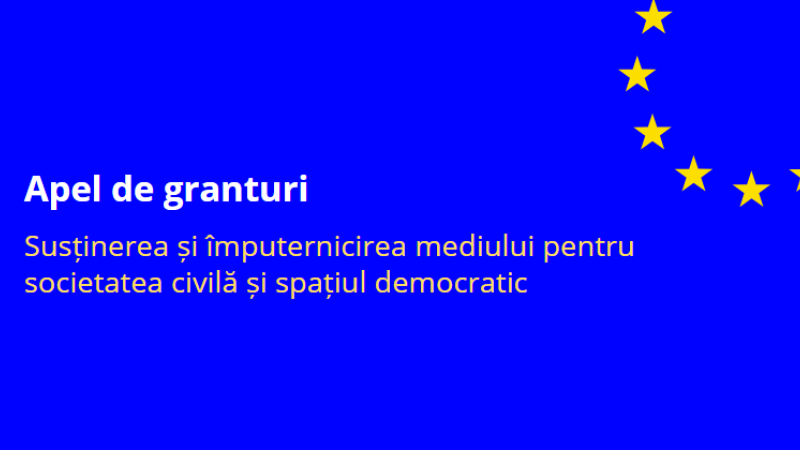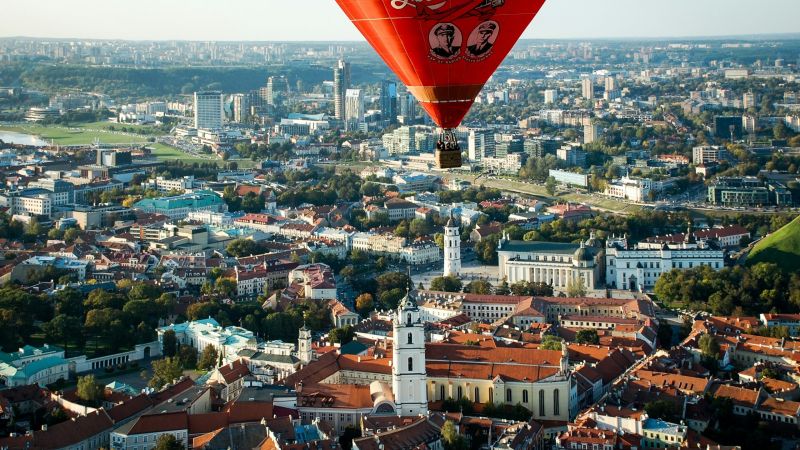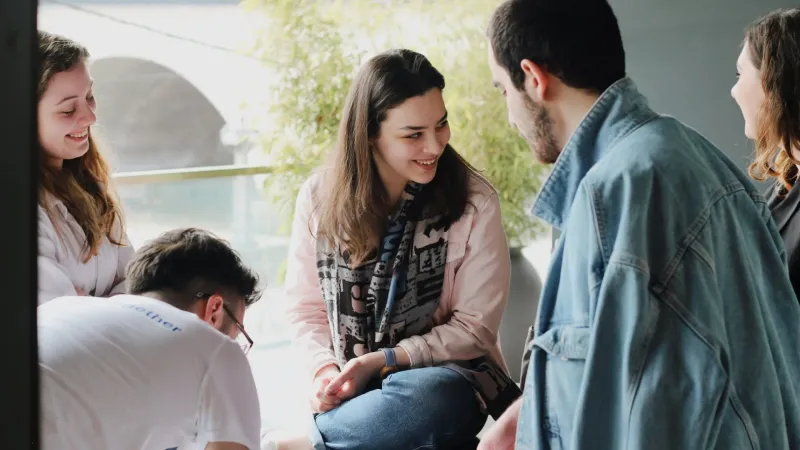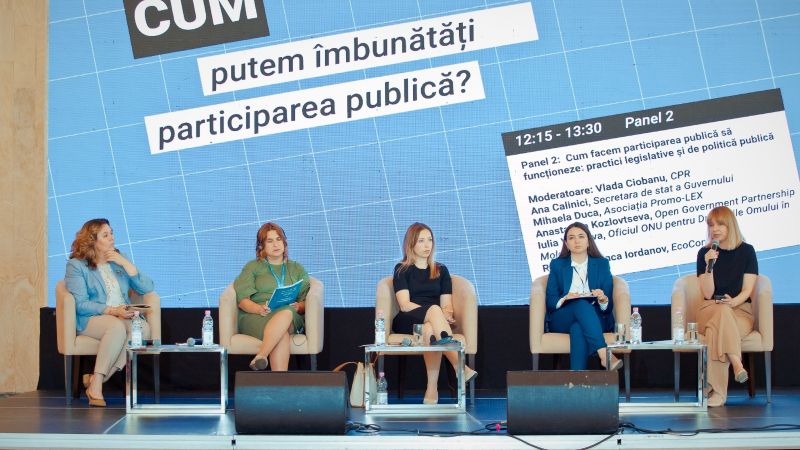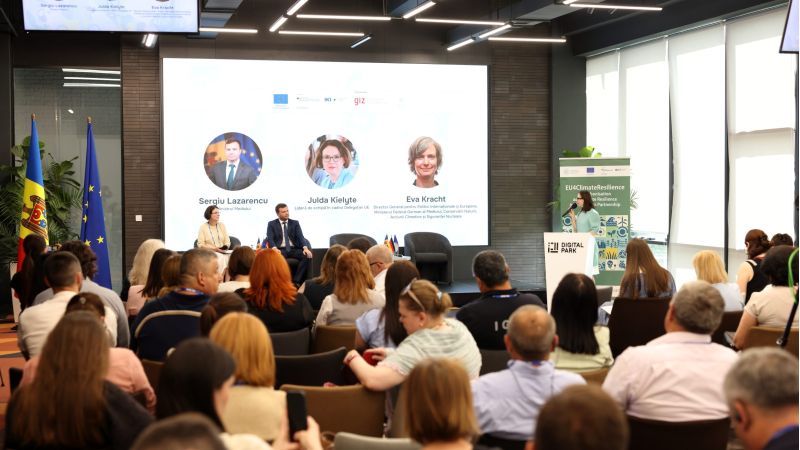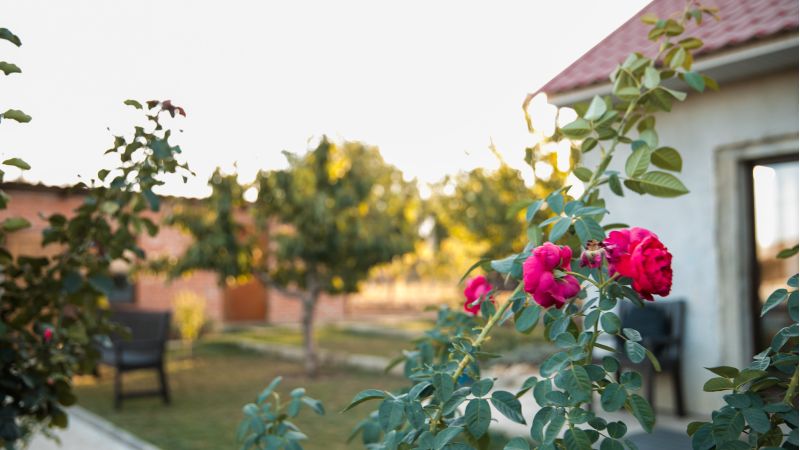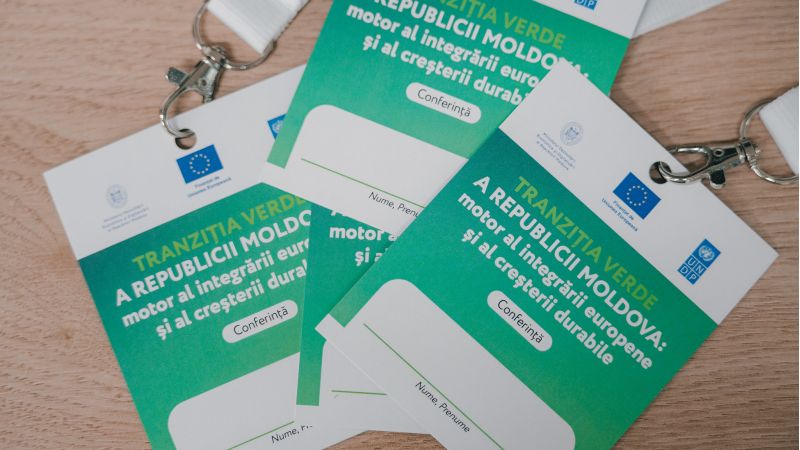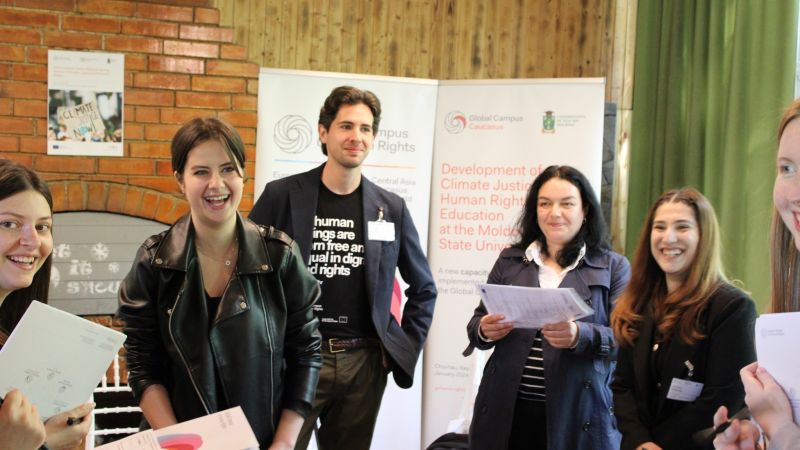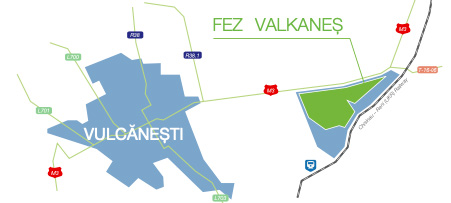
EU4Environment: un Parc Industrial și o Zonă Economică Liberă din Republica Moldova primesc aprobarea pentru evaluarea fezabilității Parcurilor Eco Industriale
În ultimii zece ani, Republica Moldova a înregistrat progrese substanțiale în atingerea obiectivelor de creștere ecologică. Aceste eforturi merg mână în mână cu promovarea Parcurilor Eco-Industriale (EIP). Drept concept, Parcurile Eco-Industriale (EIP) sunt comunități de întreprinderi producătoare și de servicii, situate împreună pe o proprietate comună, unde întreprinderile membre colaborează pentru a gestiona problemele de mediu și de resurse, și pentru a-și îmbunătăți performanțele. Prin definiție, integrarea în cadrul Parcurilor Industriale Ecologice promovează politici de producție ecologică (precum în cazul reciclării deșeurilor și eficienței resurselor), îmbunătățind astfel coeziunea economică și competitivitatea întreprinderilor producătoare (și bunăstarea lucrătorilor și a comunităților locale din jur).
În Moldova, două zone industriale au fost selectate pentru a participa la evaluarea fezabilității EIP condusă de UNIDO: Zona Economică Liberă (ZEL) Valkaneș și Parcul Industrial (PI) Tracom.
PI Tracom este situat în sectorul Buiucani din Chișinău. Pentru mai multe detalii despre Parcul Industrial, vă rugăm vizitați: https://tracom.md/en/
ZEL Valkaneș își are sediul în orașul Vulcănești, situat în partea de sud a Republicii Moldova, la interferența dintre Moldova, România, și Ucraina. Pentru mai multe informații despre ZEL Valkaneș, vă rugăm vizitați: http://freezone-valcanes.md/en/
În cadrul acțiunii EU4Environment, finanțată de UE, și cu sprijinul tehnic oferit de UNIDO, vor avea loc două studii de fezabilitate în cele două zone. Scopul studiilor de fezabilitate este ca expertul international EIP al UNIDO să efectueze evaluări EIP și să aplice cadrul internațional EIP (dezvoltat în comun de UNIDO, WBG și GIZ). În acest fel, atât FEZ Valkaneș, cât și IP Tracom vor fi revizuite în raport cu cadrul internațional pentru a identifica și prioritiza oportunitățile de îmbunătățire a performanțelor economice, de mediu, și sociale.
Primele vizite tehnice pentru ambele locații vor fi organizate pentru a stabili relații de lucru cu conducerea și personalul tehnic, și pentru vizualizarea locațiilor și prezentarea metodologiei EIP părților interesate relevante (inclusiv pentru întreprinderile rezidente). Acest proces va oferi o imagine de ansamblu asupra structurilor de afaceri existente, și va ajuta la înțelegerea infrastructurilor și practicilor cheie din cele două zone.
Odată ce vizitele de evaluare sunt finalizate, într-o etapă ulterioară, sunt prevăzute ateliere de instruire cu privire la eficientizarea resurselor și producerea mai pură (RECP) și asupra sinergiilor industriale pentru companiile rezidente și administrațiile ZEL / PI. Atelierele vor include exerciții specifice cu companiile selectate pentru a identifica oportunități de îmbunătățire a proceselor de producere (inclusiv în raționalizarea apei, energiei, și a deșeurilor). În acest fel, întreprinderile pot profita mai bine de oportunități de sinergie industrială și priorități de mediu în regiune, și pot maximiza beneficiile socio-economice și de mediu.
